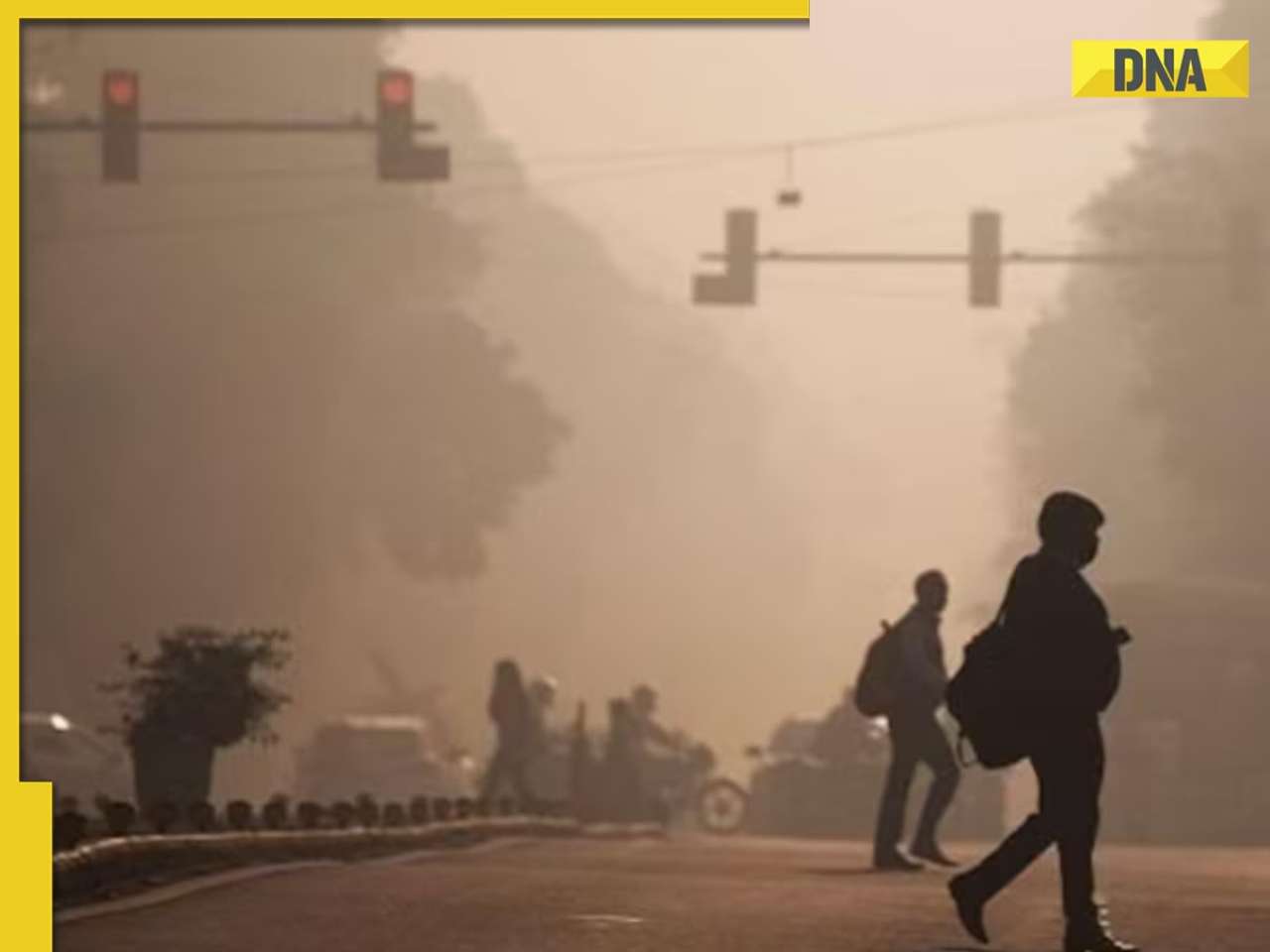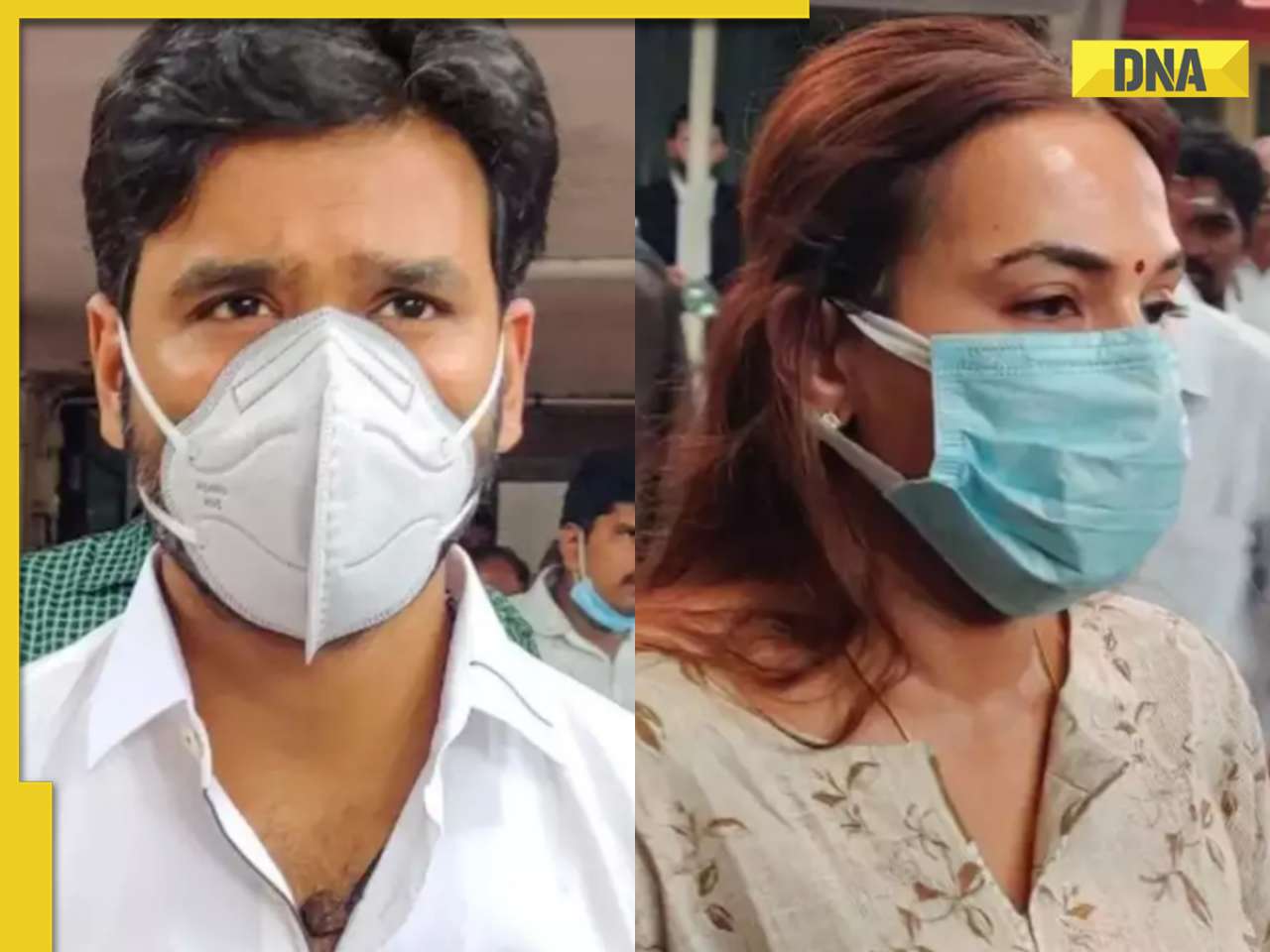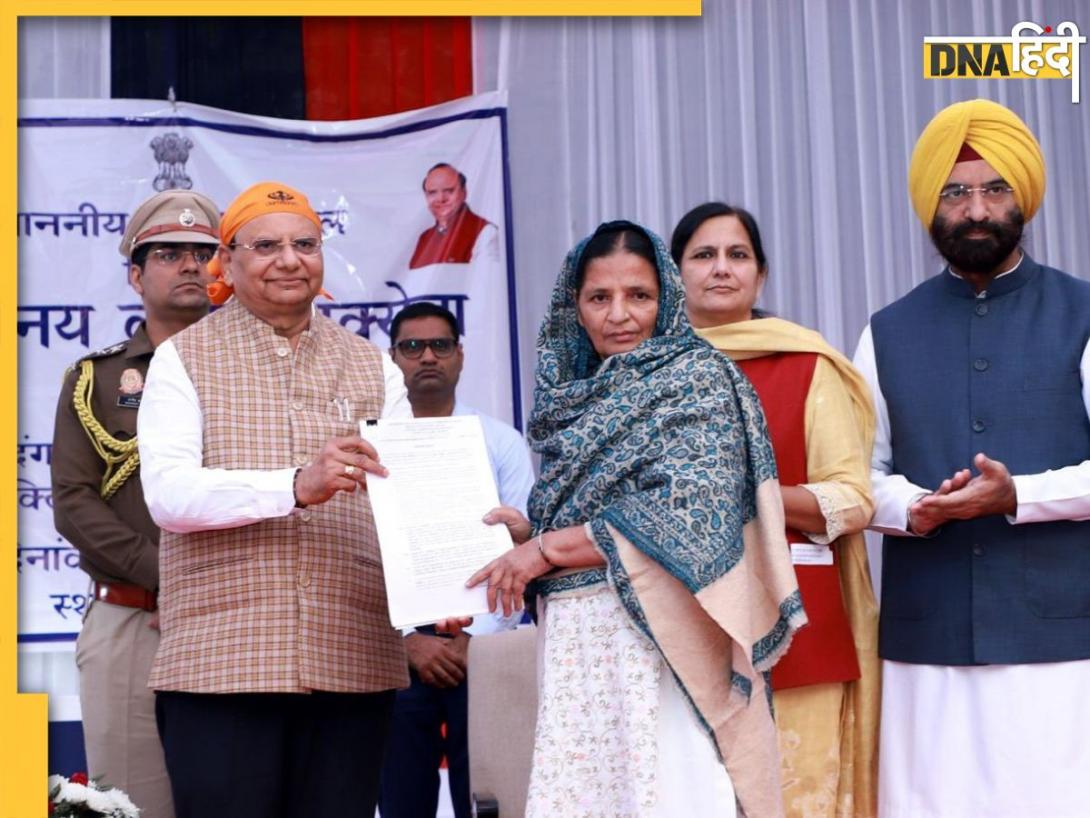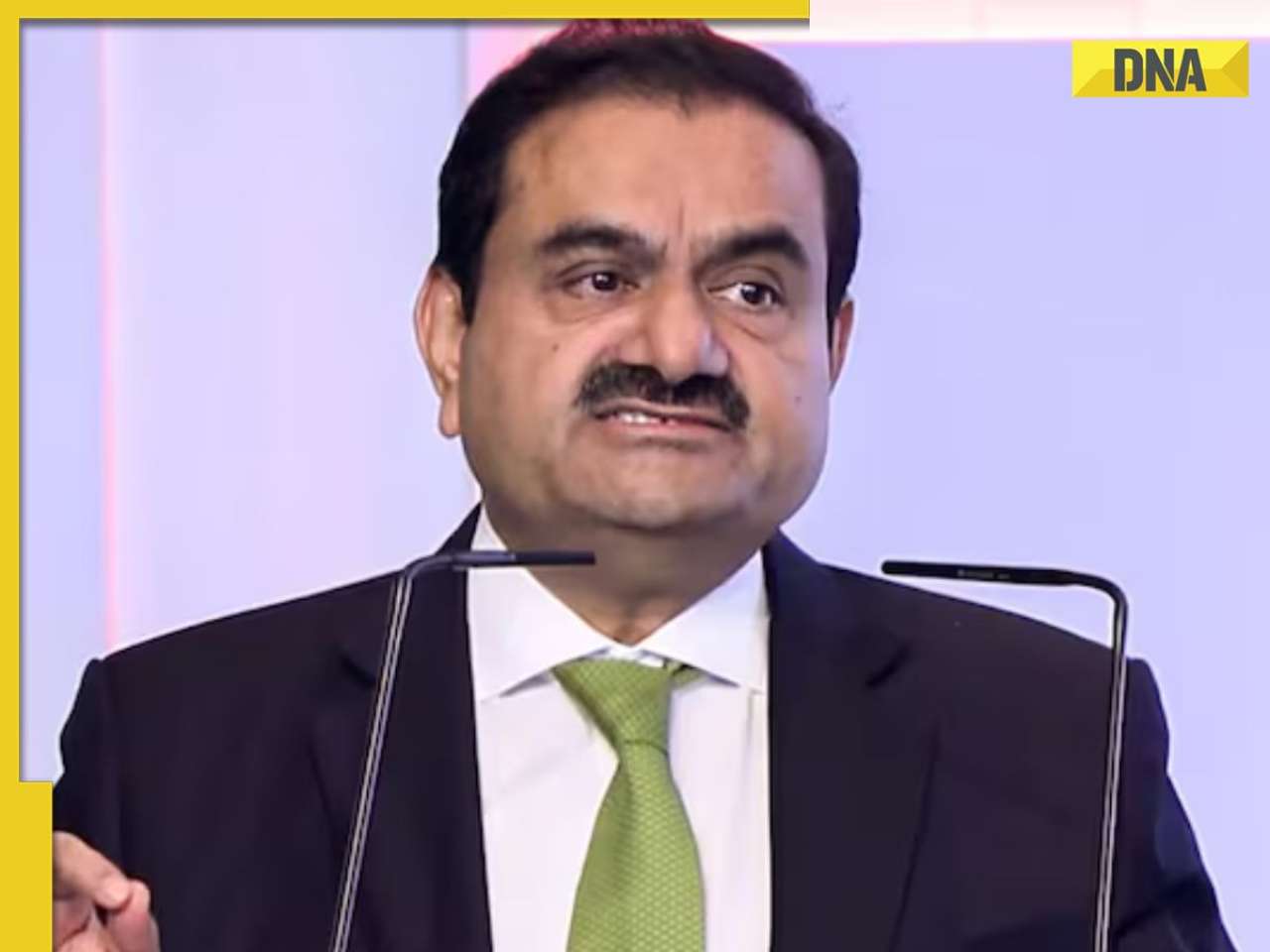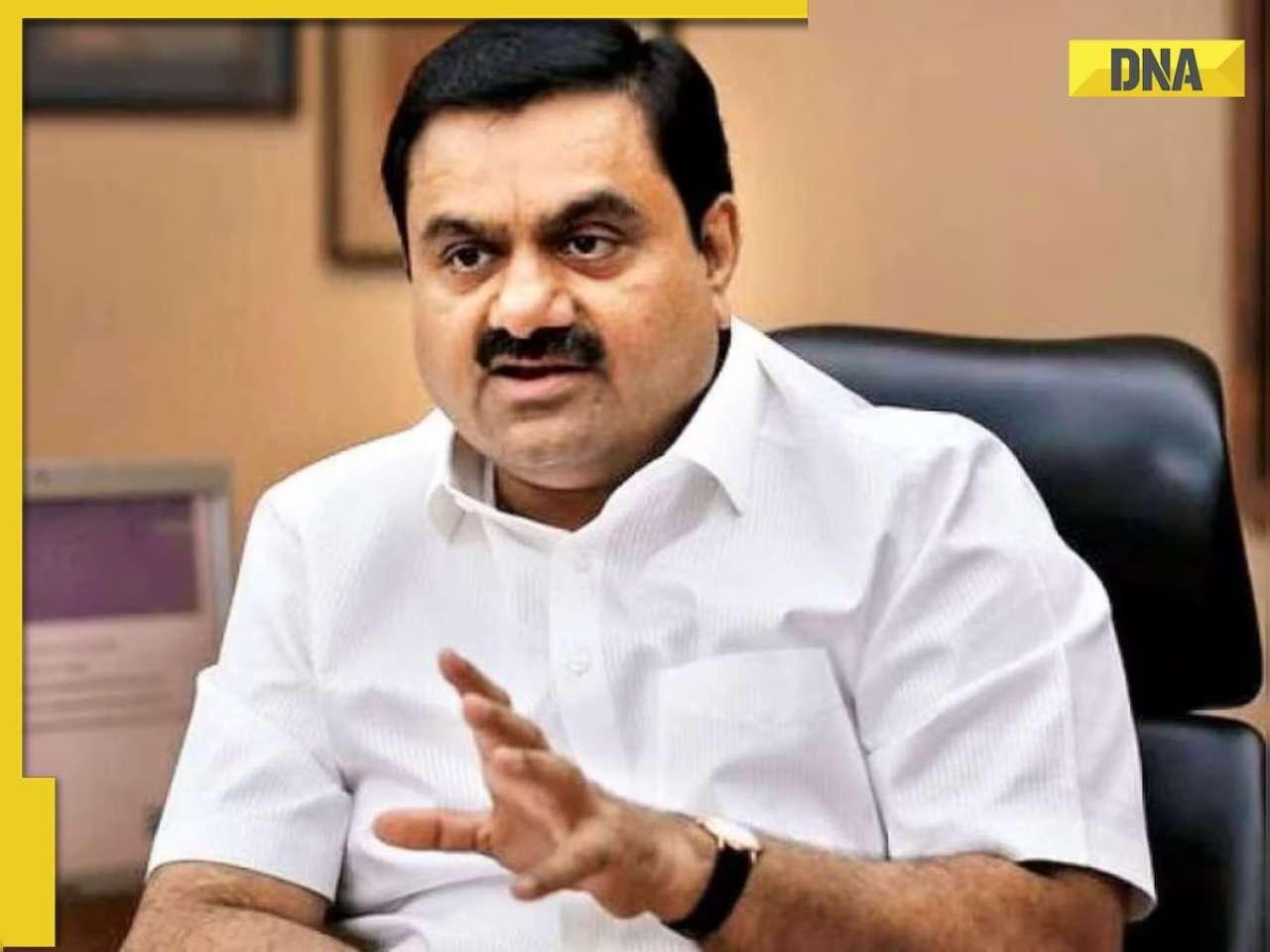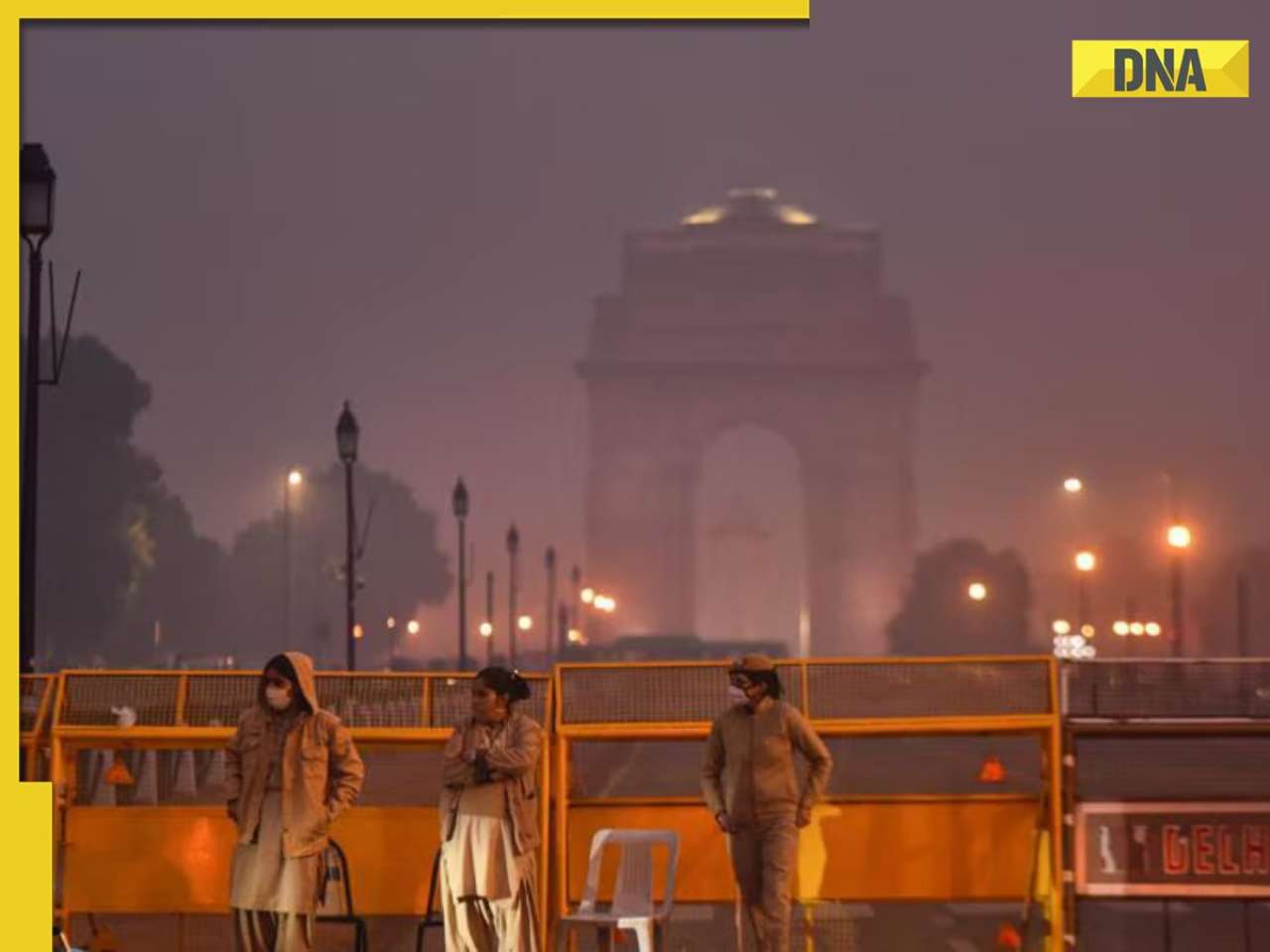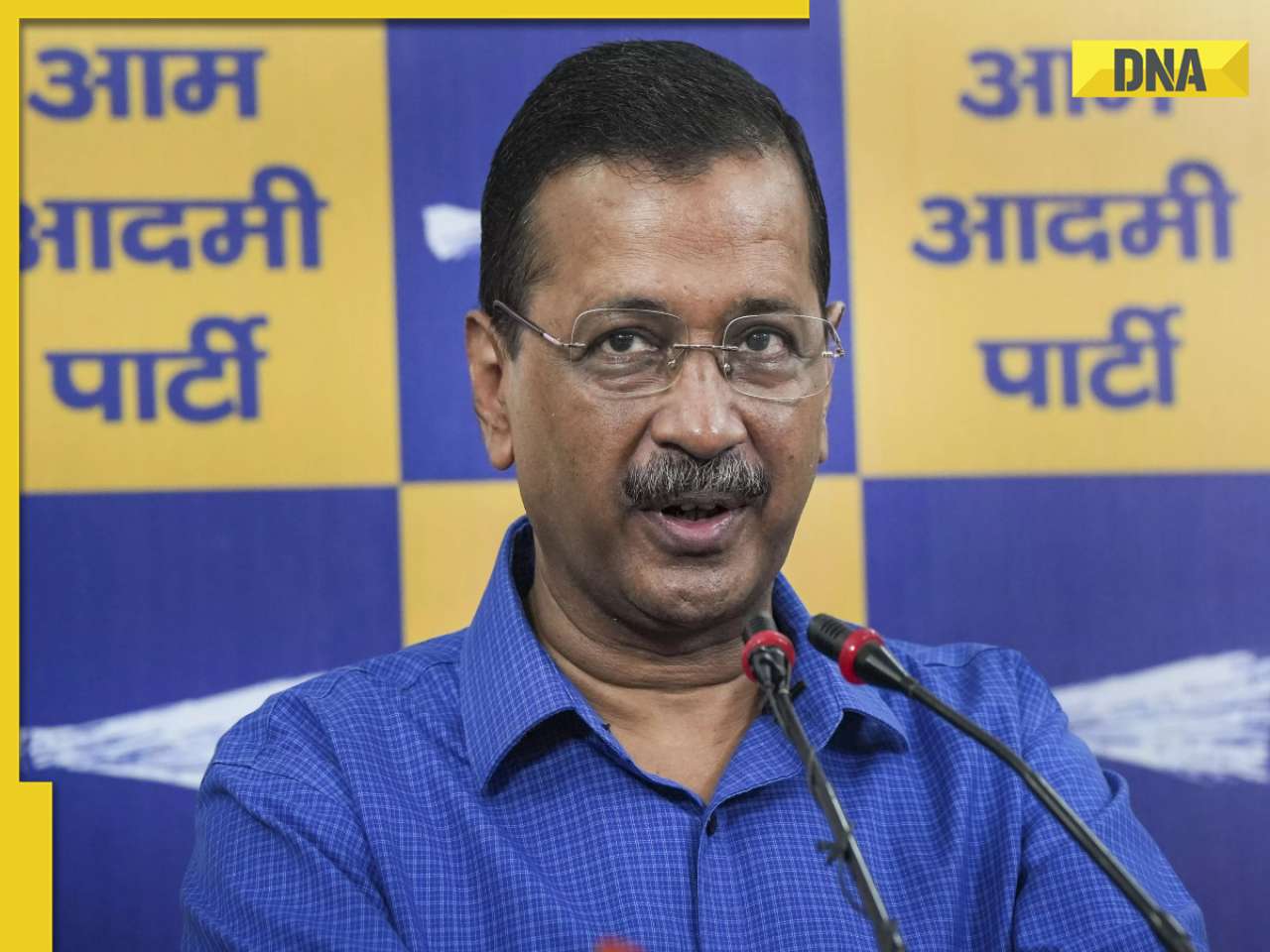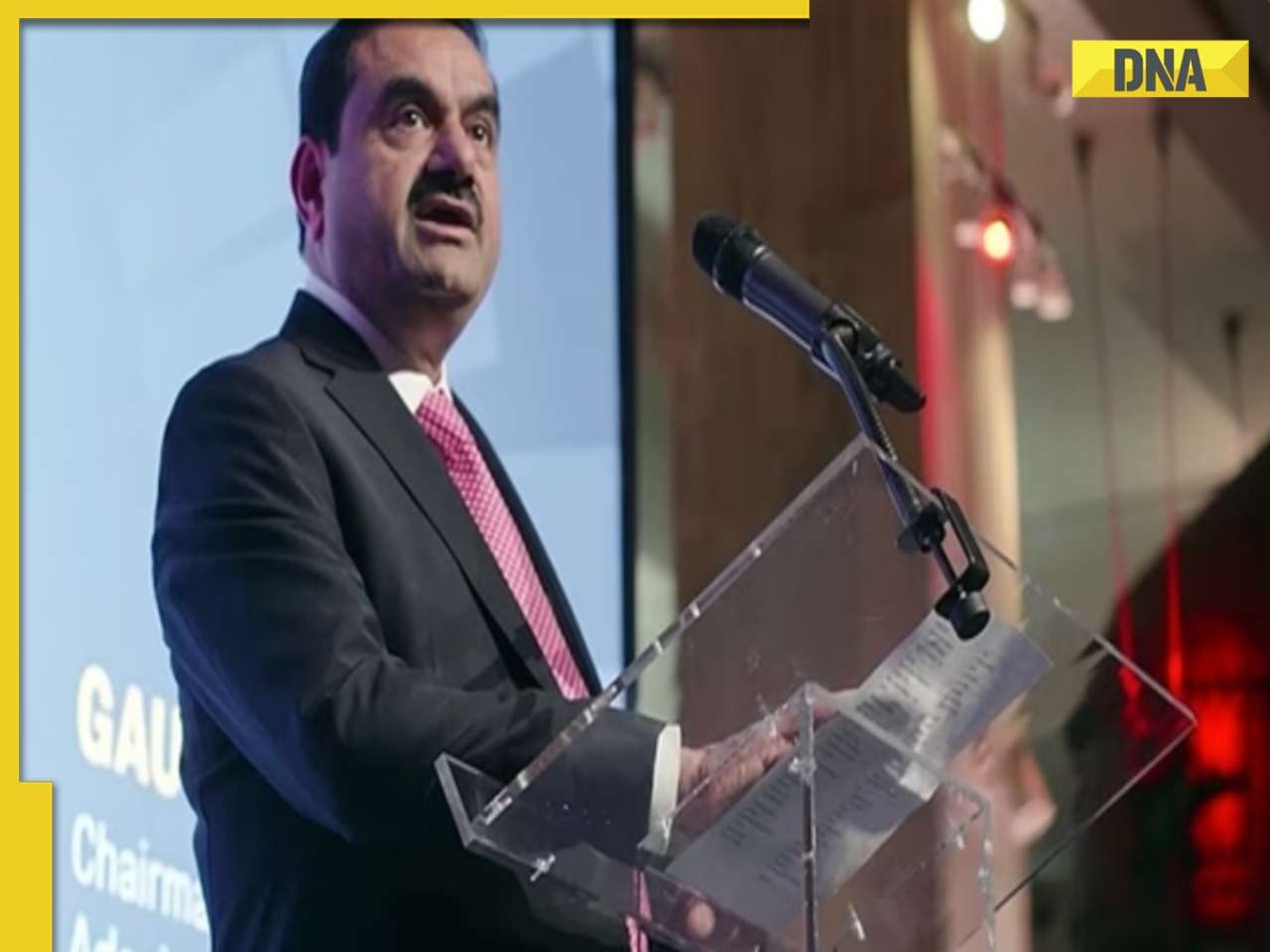- LATEST
- WEBSTORY
- TRENDING
MUMBAI
Maharashtra clears plan to clean pollution in rivers
The project will focus on treatment and recycling of water in towns located on river banks.
TRENDING NOW
The Maharashtra government has cleared an ambitious scheme to clean up polluted rivers in the state by processing effluents and supplying recycled water for agriculture and industry.
The 'state river conservation plan', which was cleared by the Cabinet recently, will be implemented in 'D' class municipal corporations, municipal councils and villages with a population of over 15,000, that are located on river banks.
The scheme does not cover 'A', 'B' and 'C' class municipal corporations and the civic bodies of large cities like Mumbai, Pune, Nagpur and Thane, or even industrial clusters.
According to the 2011 census, 45.23% people in the state live in urban areas. These include people in 26 municipal corporations, 12 'A' class, 61 'B' and 146 'C' class municipal councils, 12 nagar panchayats and 110 villages. The state also has 72,762 industries.
Rising urbanisation and industrialisation has had an adverse effect on the health of the rivers. A survey of the 20 river basins in the state has revealed that domestic effluents from towns located on the banks contributed to 70% of water pollution with the remaining being made up of industrial waste.
This leads to water-borne diseases, poor quality of ground water, water supplied for agriculture and drinking purposes and impacts the fragile ecosystem of the rivers.
The scheme will see the effluents being collected from the point source and transported to the sewage treatment plant, then supplied to nearby farms, industries and gardens after treatment.
Toilets with a drainage system will also be constructed on river banks and incidental works, such as solid waste management and non-conventional energy generation will also be undertaken.
Environment minister Sanjay Deotale told dna that the state would send a proposal for the larger cities not covered under the plan, to the Centre, under the National River Conservation Plan. He added that proposals for cities and towns such as Nagpur (Nag river) had already been sent, or were in the pipeline.
Deotale said industrial clusters or MIDC areas already had common effluent treatment plants, but he admitted that the capacity needed to be hiked in some areas. "We will take up works under the scheme on a priority in the areas where the problem is intense. A committee of secretaries has been set up to decide the priority," he added.
Priority will be given to religious, historic, commercial and tourist spots.
The state government will contribute 80% of the cost and the local self-government body will make up the remaining 20%. The state will give 90% of the funds in areas where the water is to be recycled and supplied to industries and for other purposes.
The state will also examine the possibility of such works being undertaken on a build, operate, transfer basis. The river conservation programme is expected to cost around Rs200 crore and will be undertaken in phases over the next five to 10 years.
CLEAN-UP PLAN
- The state river conservation plan will be implemented in 'D' class municipal corporations, councils and villages with a population of over 15,000, located on river banks
- A survey of 20 river basins in the state revealed that domestic effluents flowing from towns contributed to 70% of water pollution
- This is responsible for water-borne diseases, poor quality of ground water and impacts the fragile ecosystem of rivers
- Under the scheme, effluents will be collected from the point source and transported to the sewage treatment plant, then supplied to nearby farms, industries and gardens after treatment
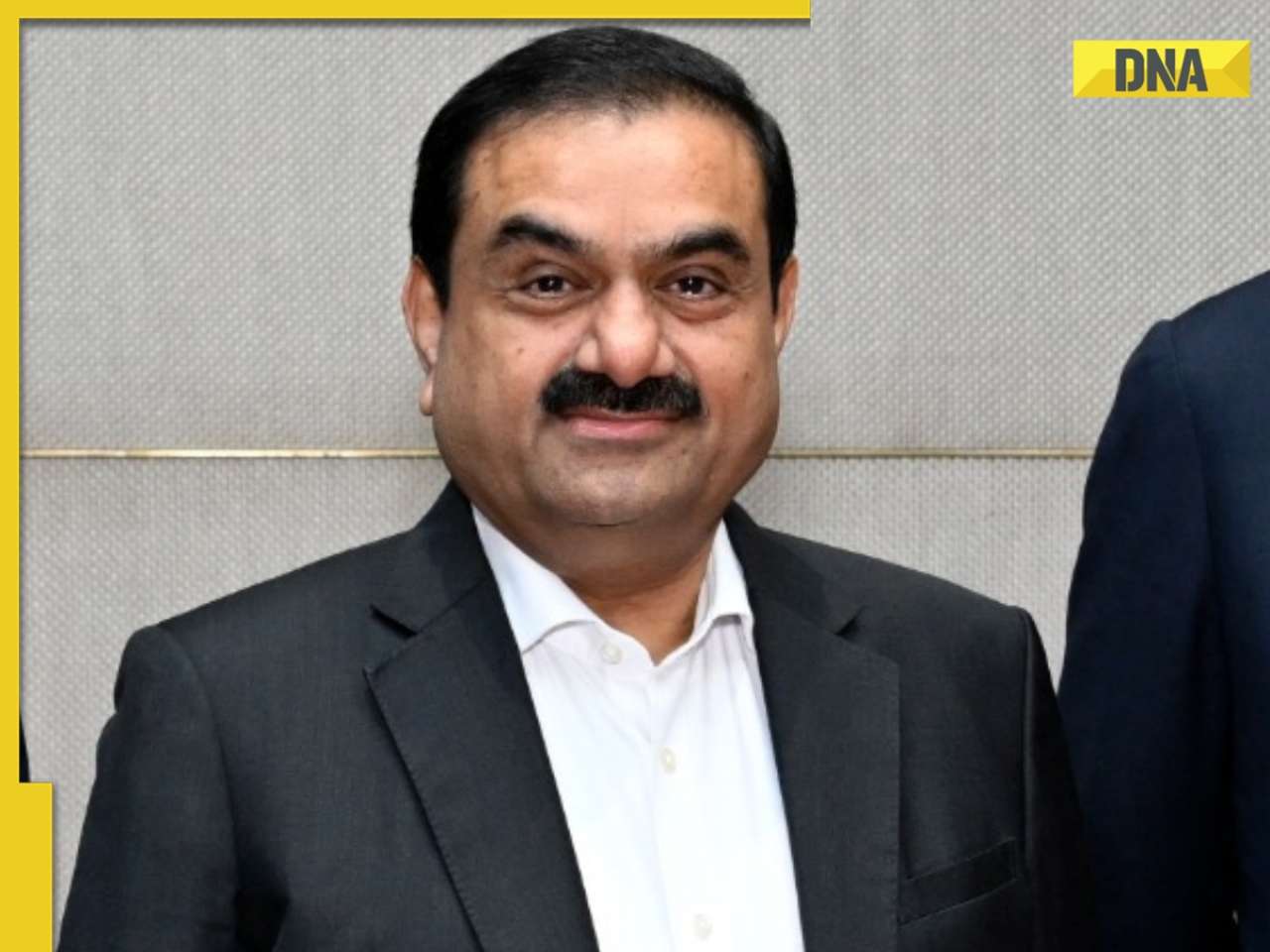






)
)
)
)
)
)
)
)
)
)
)
)
)
)
)
)






